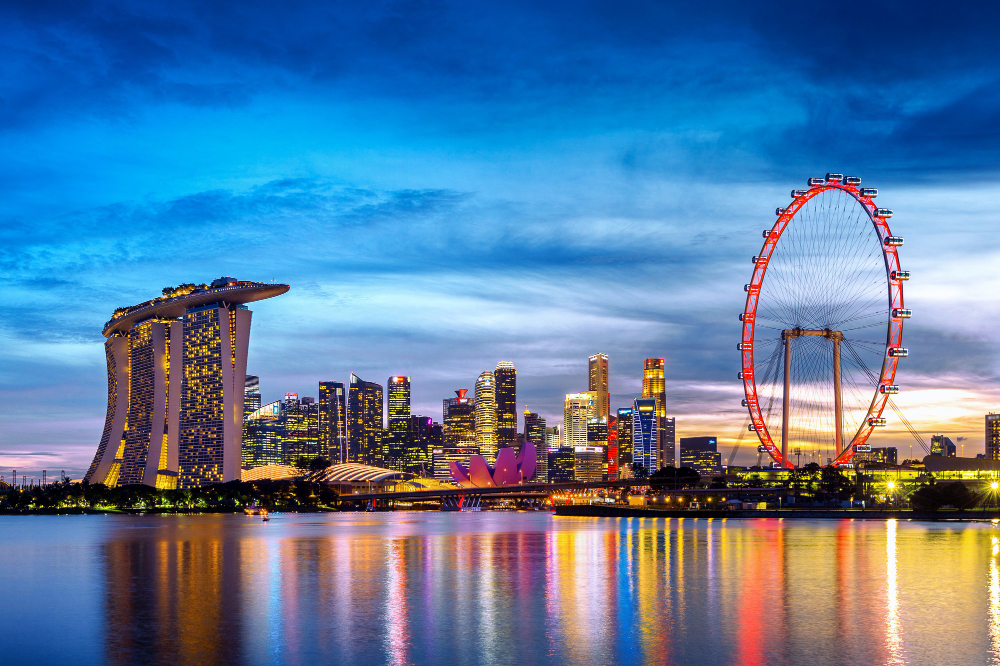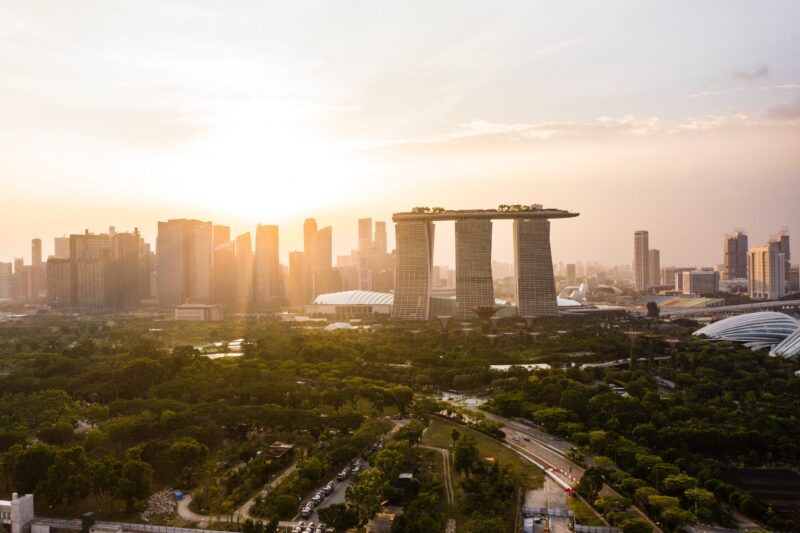Navigating the property market in Singapore can be both an exciting journey and a daunting challenge. With its dynamic landscape, strict regulations, and diverse property options, understanding the legal aspects of buying property is crucial for both local and foreign buyers.
Whether you are a first-time homeowner or an astute investor looking to expand your portfolio, the maze of legalities can leave you feeling overwhelmed. From land titles and ownership restrictions to the intricacies of contract law and taxation, each step in the buying process demands careful attention.
This article aims to clarify these legal considerations, providing you with the essential knowledge needed to make informed decisions in Singapore’s vibrant real estate arena. Let’s delve into what you need to know to navigate this complex yet rewarding market successfully.
Types of Property Ownership

When navigating the realm of property ownership in Singapore, it’s vital to grasp the various types available, each with its distinct legal implications and responsibilities. Freehold ownership grants the most enduring rights, allowing purchasers to own land and property indefinitely, a compelling option for those seeking permanence.
In contrast, leasehold properties, typically spanning 99 years, present a temporal commitment, with ownership reverting to the state upon lease expiration. Additionally, strata titles come into play for condominiums and apartments, where individuals own their specific unit while sharing common areas with other owners, introducing a layer of community governance.
Developments like River Green condo exemplify this structure, offering residents a balance of private ownership and shared amenities within a managed residential environment. Beyond these, foreign ownership restrictions and eligibility criteria may apply, especially for land—a nuance that necessitates thorough research and legal counsel.
Therefore, understanding these diverse ownership structures is paramount, ensuring potential buyers are well-equipped to make informed decisions aligned with their investment goals.
Eligibility to Purchase Property
When considering the purchase of property in Singapore, understanding eligibility criteria is essential. Generally, both citizens and permanent residents can acquire property with relative ease.
Singaporean citizens enjoy the broadest rights, allowing them to buy various types of properties, from HDB flats to private condominiums. In contrast, permanent residents face more restrictions, especially regarding HDB estates, but they can invest in private developments.
Foreigners, while they can purchase property, usually need to navigate a more complex landscape, often limited to condominiums and certain landed properties with special permission. It’s important to delve into specific regulations, as factors like property type, location, and buyer status can significantly impact eligibility. Additionally, potential buyers must ensure they adhere to financing criteria and other legal requirements, making it crucial to consult with a legal expert in Singapore’s real estate landscape to avoid pitfalls.
Legal Framework Governing Property Transactions

The legal framework governing property transactions in Singapore is a multifaceted tapestry woven from various statutory provisions and common law principles. At its core, the process is significantly influenced by the Land Titles Act, which establishes the importance of title registration and outlines the rights of property owners.
Additionally, the Residential Properties Act specifically regulates the sale and ownership of residential properties, particularly concerning foreign buyers. Buyers must also navigate the complexities of contractual obligations outlined in the Sale and Purchase Agreement, which delineates the terms of engagement between parties. With the potential for disputes arising over issues like misrepresentation or breach of contract, understanding the nuances of the law becomes paramount.
Furthermore, the involvement of various authorities, such as the Urban Redevelopment Authority, can introduce additional layers of compliance, impacting everything from land use to development permits. This intricate interplay of legal norms creates a landscape where informed decision-making is essential for anyone looking to acquire property in Singapore.
Conclusion
In conclusion, navigating the legal landscape of buying property in Singapore can be both a rewarding and complex process. Understanding the key regulations, documentation requirements, and the nuances of different property types is crucial for a successful transaction.
Whether you are a first-time buyer or looking to invest in a high-end development like River Green Condo, being well-informed about your rights and obligations will empower you to make sound decisions. By seeking professional advice and conducting thorough research, you can confidently embark on your property journey in this vibrant city-state, ensuring that your investment is both secure and sustainable for the future.


